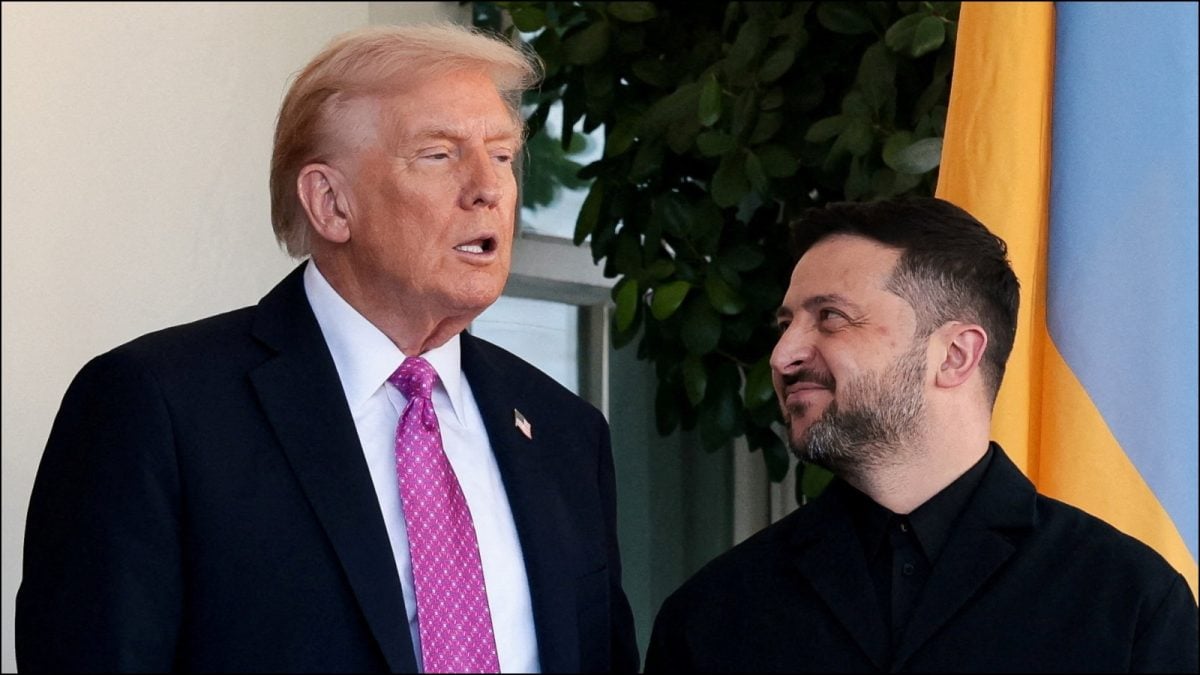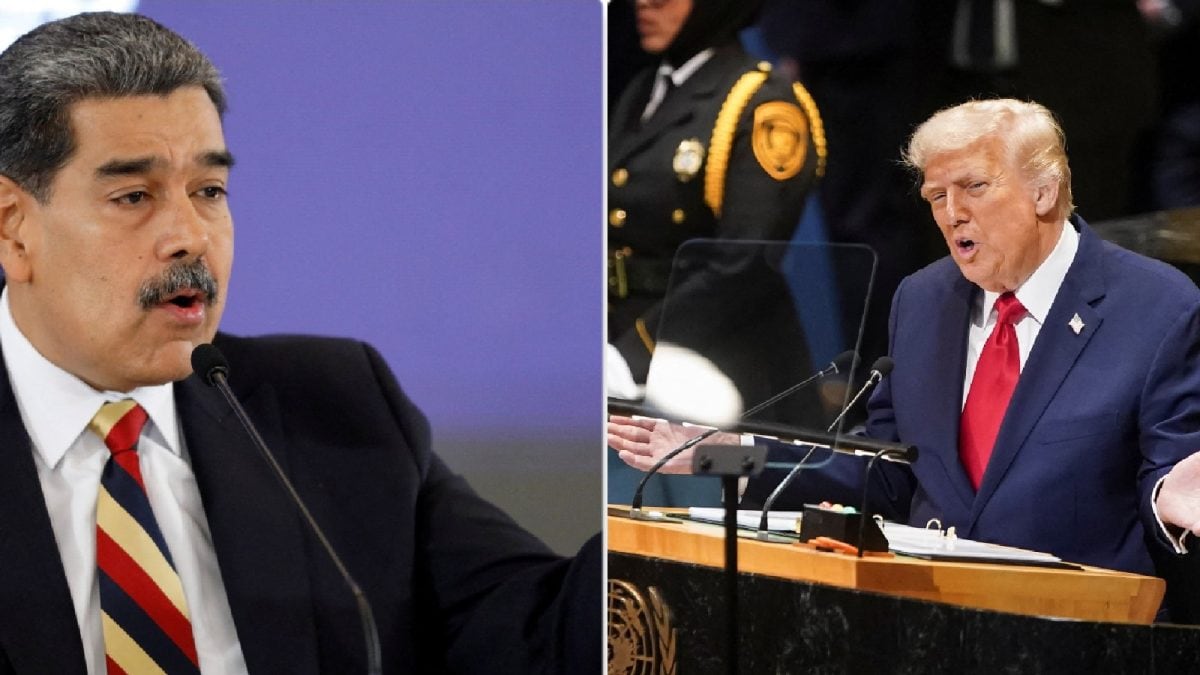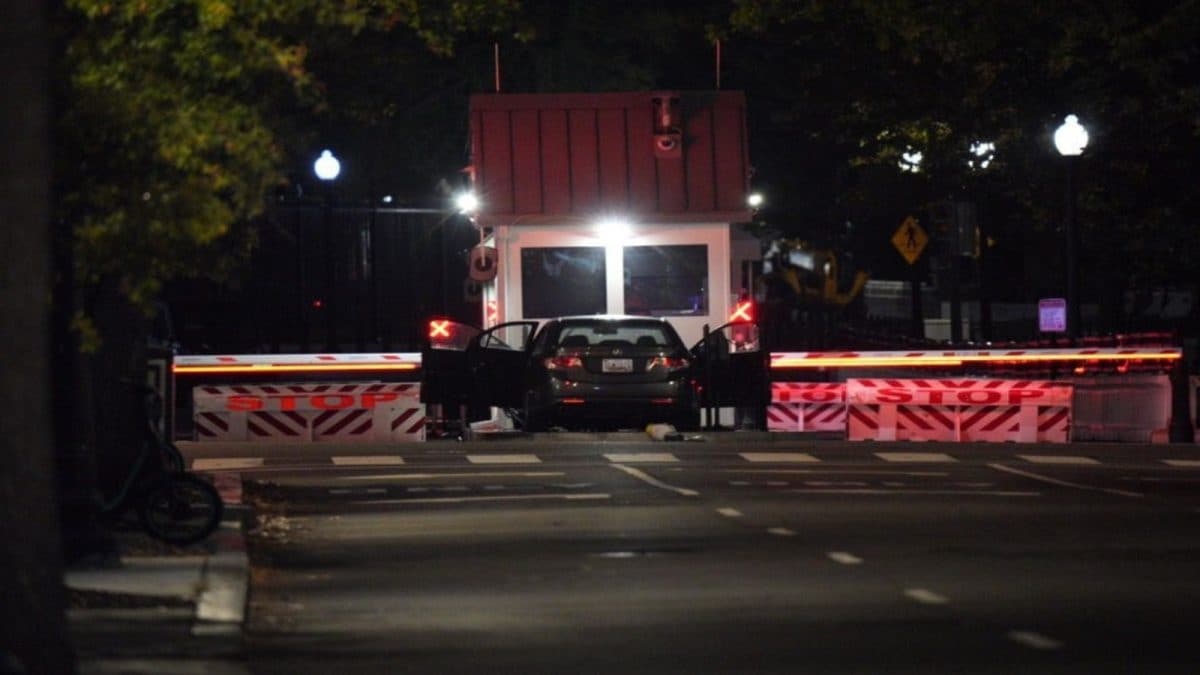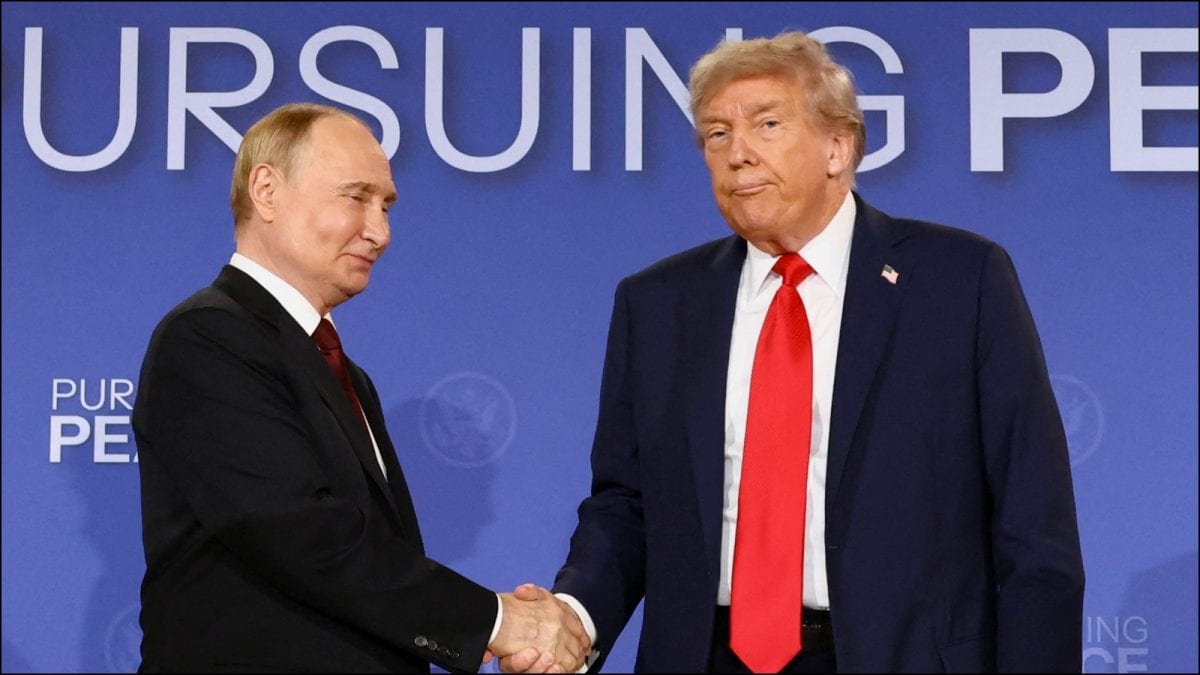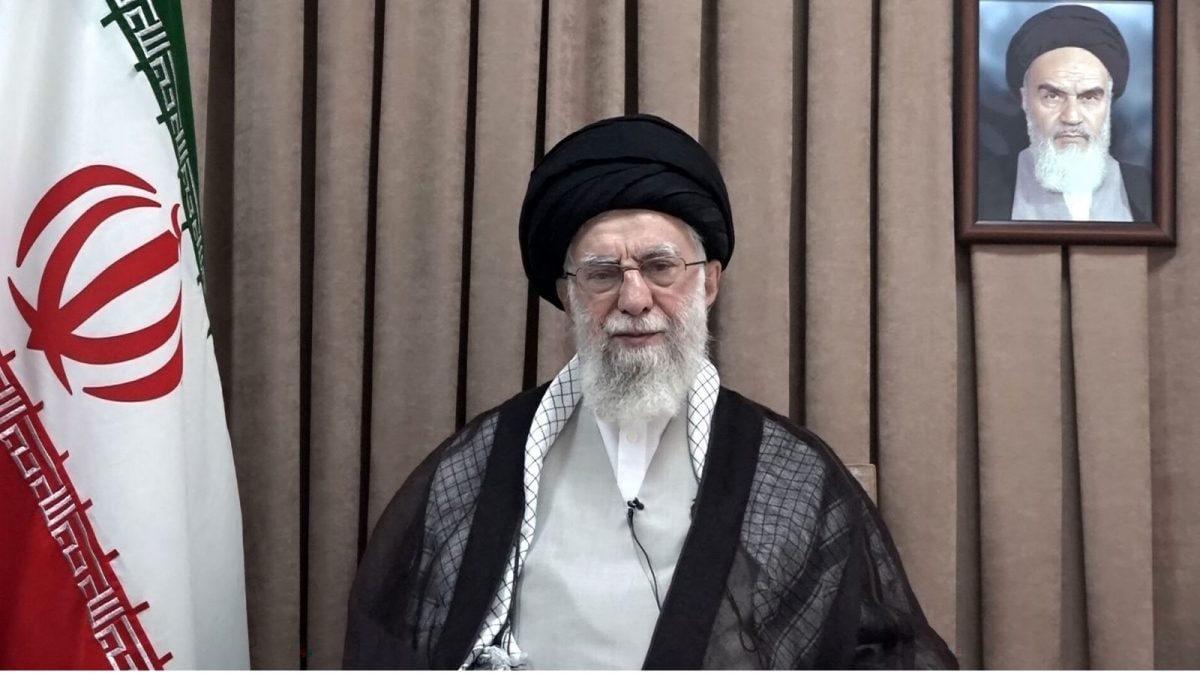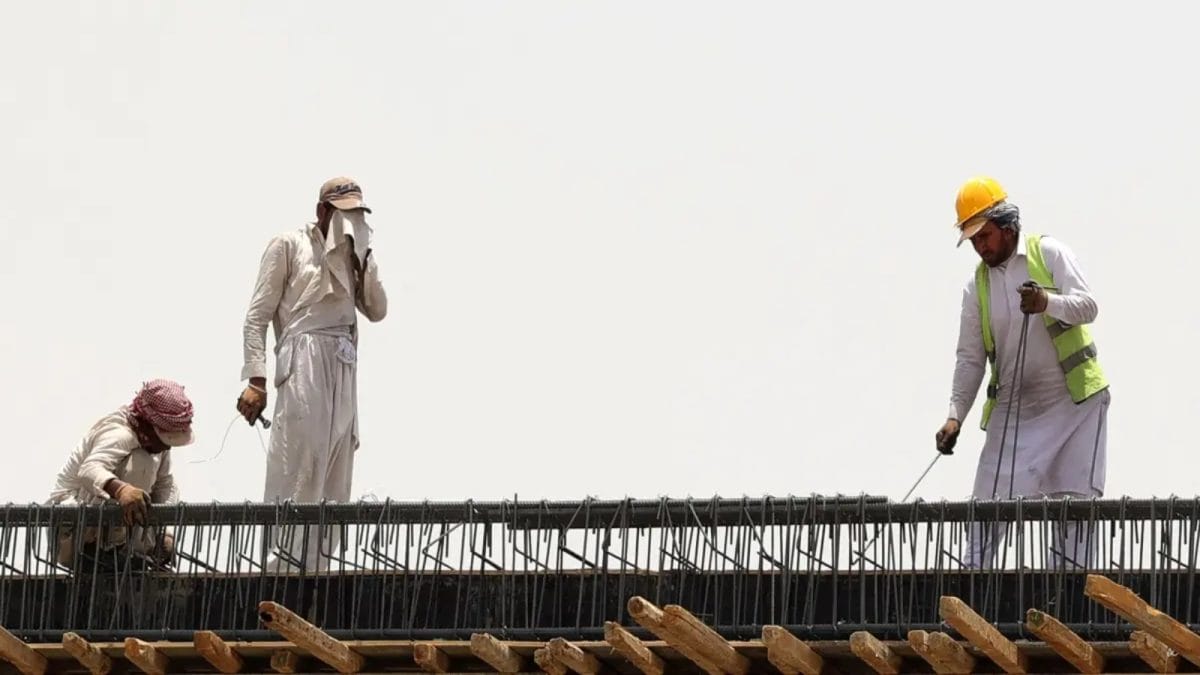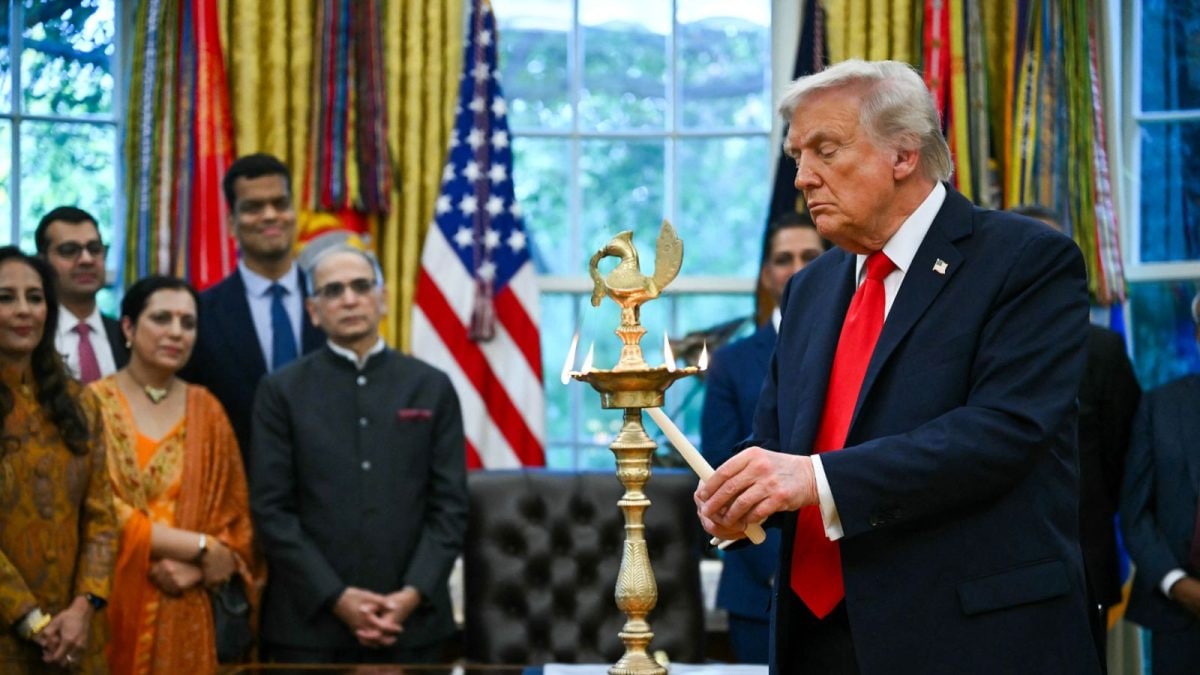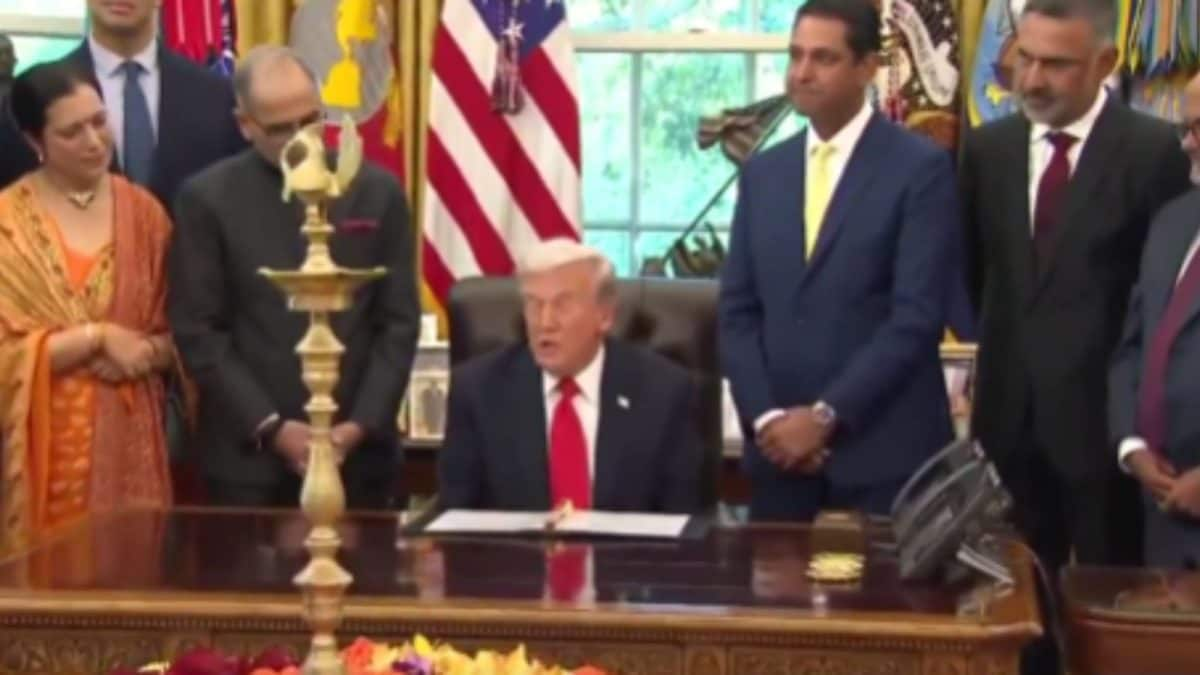Last Updated:October 22, 2025, 12:59 IST
Saudi did not come to Pakistan’s aid, casting doubt over the latter’s assertions that its bond included a mutual defence pact akin to a “one attacked, both respond” agreement

With Pakistan Prime Minister Shehbaz Sharif scheduled to visit Saudi Arabia from October 26 for three days, pressure is building for answers. (Reuters)
Pakistan’s recent conflict with Afghanistan along the Durand Line has not only exposed vulnerabilities on the ground but also ignited a political storm at home, especially over the so-called Pakistan-Saudi Strategic Mutual Defence Agreement (SMDA), which many now claim was overstated or even non-existent in its practical scope.
In the wake of the Pakistan-Afghanistan clashes, which saw mounting casualties and heightened tensions across the disputed border, Saudi Arabia did not come to Pakistan’s aid—neither strategically nor diplomatically. Instead, Riyadh issued a generic appeal calling for “restraint and de-escalation" from both sides.
The tepid response has cast serious doubt over Pakistan’s previous assertions that its relationship with Saudi Arabia included a mutual defence pact akin to a “one attacked, both respond" agreement. That clause, critics argue, has now been thoroughly discredited.
To make matters worse, it was not Saudi Arabia but Qatar, with support from Türkiye, that played the central role in brokering an immediate ceasefire between Pakistan and the Afghan Taliban in Doha. Crucially, the Afghan side scored a diplomatic win in the process, succeeding in having references to the “Durand Line" and the word “border" removed from the official Qatari ceasefire statements, thereby reinforcing their long-standing position of non-recognition.
The fallout has been swift. Public frustration and political criticism are mounting, with Pakistani parliamentarians openly questioning the credibility of the Pakistan-Saudi SMDA. Many are now demanding that the government make the full contents of the agreement public and allow a parliamentary debate to determine the true nature and limits of the pact.
With Pakistan Prime Minister Shehbaz Sharif scheduled to visit Saudi Arabia from October 26 for three days, pressure is building for answers. Observers expect the visit to involve urgent diplomatic damage control and reassurances from both sides.
As Pakistan’s regional strategy comes under renewed scrutiny, its perceived over-reliance on traditional Gulf allies, particularly in moments of crisis, may need recalibration.
Group Editor, Investigations & Security Affairs, Network18
Group Editor, Investigations & Security Affairs, Network18
Location :
Islamabad, Pakistan
First Published:
October 22, 2025, 12:59 IST
News world Pakistan’s Claims On Saudi Defence Pact Face Heat After Afghan Border Conflict | Exclusive
Disclaimer: Comments reflect users’ views, not News18’s. Please keep discussions respectful and constructive. Abusive, defamatory, or illegal comments will be removed. News18 may disable any comment at its discretion. By posting, you agree to our Terms of Use and Privacy Policy.
Read More

 3 hours ago
3 hours ago


